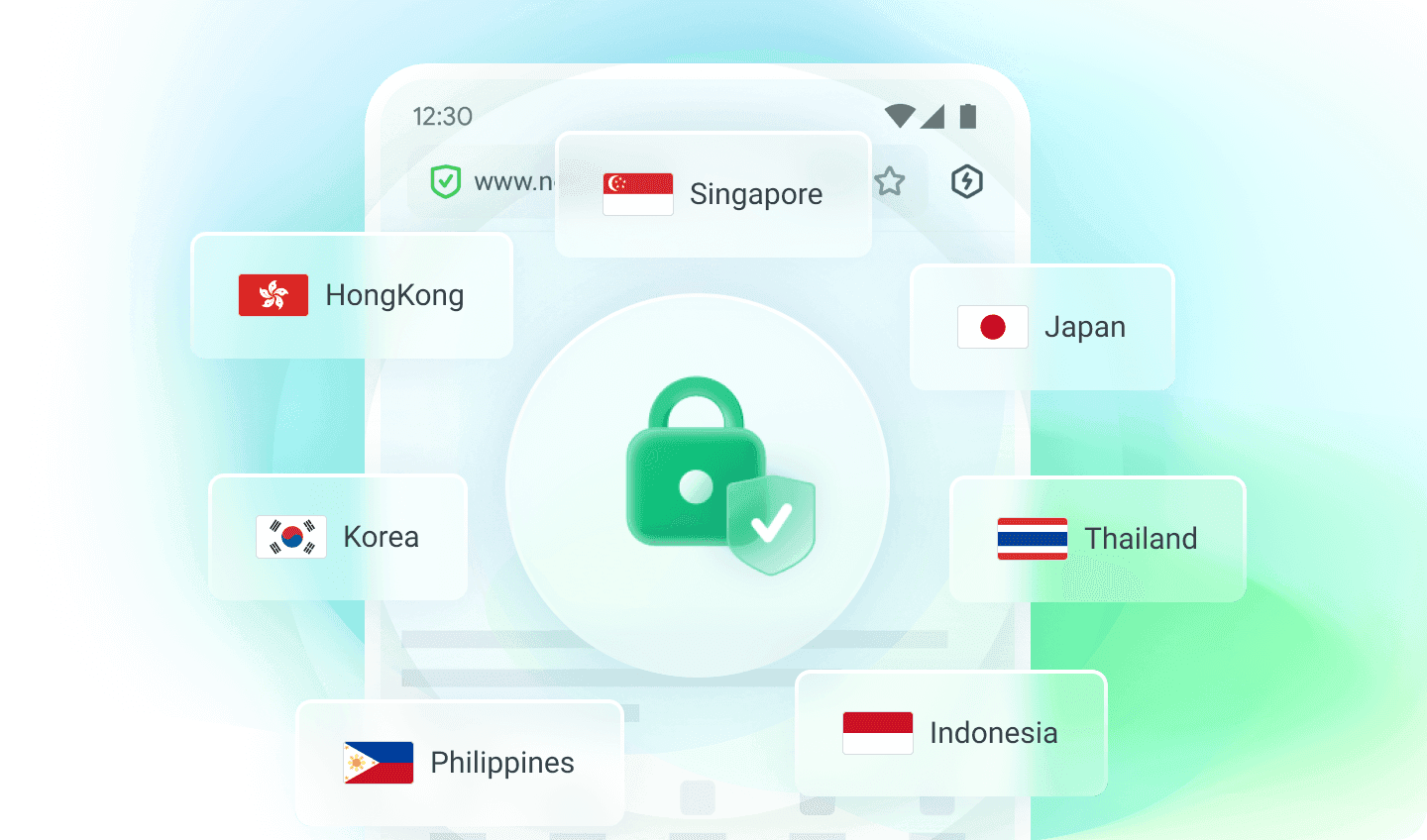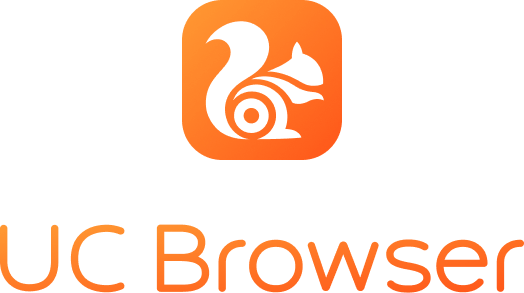In an era where digital privacy is under constant threat—from data breaches to invasive tracking—choosing a safe and secure VPN has become essential for anyone who values online freedom and protection. A VPN acts as a shield, encrypting your internet traffic, masking your IP address, and routing your data through secure servers to prevent unauthorized access. However, not all VPNs are created equal. Many providers compromise on privacy policies, use outdated encryption protocols, or fail to deliver the promised security, leaving users vulnerable to risks like identity theft or surveillance.
To ensure your data remains private and protected, selecting a truly safe and secure VPN requires careful evaluation of key factors. This guide walks you through the critical criteria: robust encryption standards , strict no-logs policies, reliable server networks, and transparent privacy practices. It also highlights how to verify a provider's commitment to security through third-party audits and compliance with global privacy laws. Whether you’re browsing sensitive information, connecting to public Wi-Fi, or accessing region-restricted content, the right VPN empowers you to reclaim control over your digital footprint.
By the end of this article, you'll understand how to identify trustworthy providers, avoid common pitfalls, and make an informed decision that aligns with your security needs in 2025 and beyond.
Part 1: Understanding What Is a VPN – Safety Security, and Internet Freedom Explained
A VPN is a tool designed to protect your online privacy by masking your browsing activity, identity, and location. Unlike traditional internet connections, which rely on your Internet Service Provider (ISP) to route data, a VPN establishes a secure, encrypted connection between your device and a remote server operated by the VPN service. This encrypted tunnel ensures your data remains hidden from third parties, shielding your digital footprint from hackers, advertisers, and even your ISP.
Here’s how it works: 1. Encrypted Connection: When you activate a VPN, your device connects to a remote server managed by the provider. This creates a private "tunnel" for your internet traffic, encrypting all data transmitted between your device and the server. 2. Data Protection: The encryption process scrambles your data using advanced security protocols (e.g., AES-256), making it unreadable to anyone attempting to intercept it—whether on public Wi-Fi or private networks. 3. IP Address Anonymity: The VPN assigns you a new IP address from its server, effectively hiding your real location. This prevents others from tracking your online activity or identifying your physical location.
By encrypting your data and masking your identity, a VPN enhances your online safety, security, and anonymity. Now that you understand the basics, let’s dive into the key security benefits of using a VPN and the essential features to prioritize when selecting a trustworthy provider—such as no-logs policies, robust encryption, and global server coverage—to ensure your digital activities remain protected.
Part 2: The Features of Secure and Safe VPN
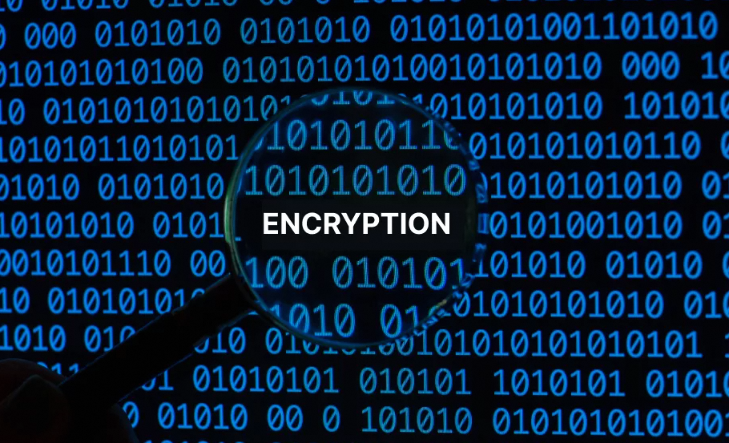
1. Advanced Encryption Standards
Security is the foundation of any effective VPN. A reputable provider should use industry-leading encryption protocols, such as AES-256-bit encryption, which is the same level of security used by financial institutions and government agencies. This encryption method scrambles your data into an unreadable format, ensuring that only authorized parties can access it. Strong encryption protects sensitive information like passwords, financial transactions, and private communications from hackers, especially on public Wi-Fi networks.
2. IP Address Masking and Global Server Options
A core function of a VPN is to hide your real IP address and replace it with one from the provider’s global server network. This not only enhances anonymity but also allows you to bypass regional restrictions by appearing to browse from a different country. For example, you can access content blocked in your location or avoid location-based tracking and targeted ads. The more servers a provider has worldwide, the greater the variety of IP addresses and regions you can choose from, maximizing both privacy and access flexibility. When selecting a VPN, prioritize providers with extensive server networks across diverse locations to ensure seamless, secure browsing.
3. Zero-Log Policy
A zero-log policy ensures a VPN provider does not collect, store, or sell your sensitive data, such as login credentials, browsing history, or IP addresses—unlike ISPs that often track and monetize user activity. This policy is critical for two reasons: it prevents data exposure during breaches (no data to leak) and blocks providers from profiting by selling your information to third parties. To verify claims, look for third-party audits or transparency reports confirming the provider’s no-log stance. Prioritizing services based in privacy-friendly jurisdictions (e.g., GDPR-compliant regions) adds an extra layer of assurance. A zero-log policy guarantees your online activity remains truly anonymous and secure, even while connected to the VPN network.
Part 3: Top 5 VPN Providers for You
UC Browser VPN
UC Browser VPN is a free, user-friendly service designed to bypass regional restrictions with access to global servers (including Indonesia). It prioritizes security and privacy, using secure connections and protection against threats to safeguard your data. Seamlessly integrated into the UC Browser app, it offers a fast, intuitive interface for browsing, making it ideal for users seeking privacy while accessing international content or services. With reliable security measures, UC Browser VPN helps protect your personal information and online activity from potential risks.
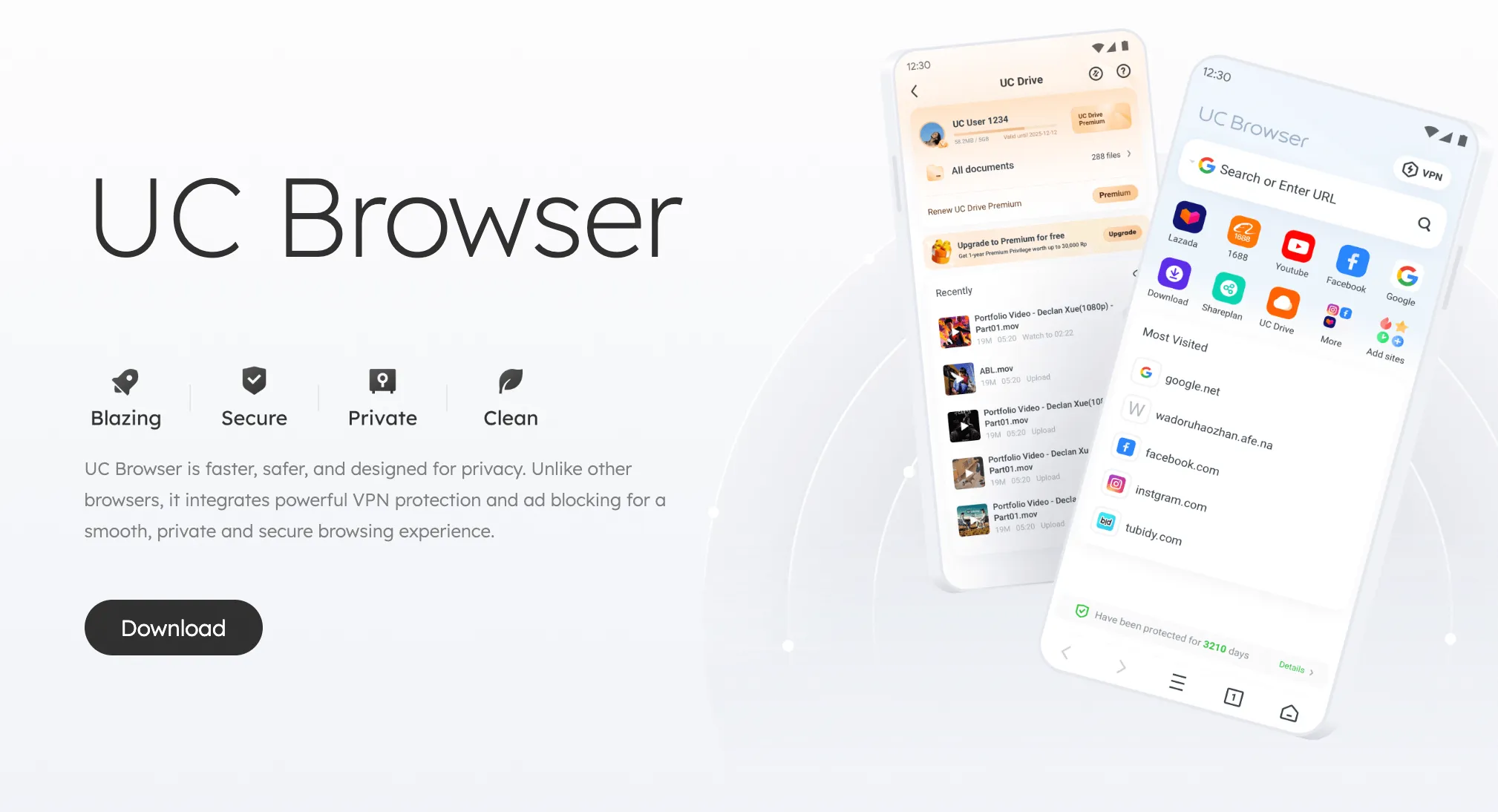
Pros:
- Free to use – No cost for accessing global content or bypassing regional restrictions.
- User-friendly interface – Seamless integration into the UC Browser app for easy access.
- Global server access – Supports international browsing (e.g., Indonesia servers) to bypass geo-blocks.
- Basic security features – Uses secure connections and threat protection to safeguard data and privacy.
- Convenient for casual users – Ideal for temporary or light use without requiring separate apps.
Cons:
- Server coverage uncertainty – Global server availability may be limited, affecting speed and reliability.
- Not ideal for high-risk tasks – Better suited for casual browsing than sensitive activities (e.g., banking).
Turbo VPN
Turbo VPN is a free, high-speed proxy designed to bypass regional restrictions and provide stable connections for accessing international platforms or time-sensitive promotions. With one-tap setup, it secures your data through encrypted connections, enabling private browsing for online activities like streaming or accessing region-restricted content. Whether you're exploring global resources or seeking exclusive experiences, Turbo VPN ensures fast, anonymous access while prioritizing privacy. Ideal for users needing reliable, secure internet access without compromising speed or convenience.
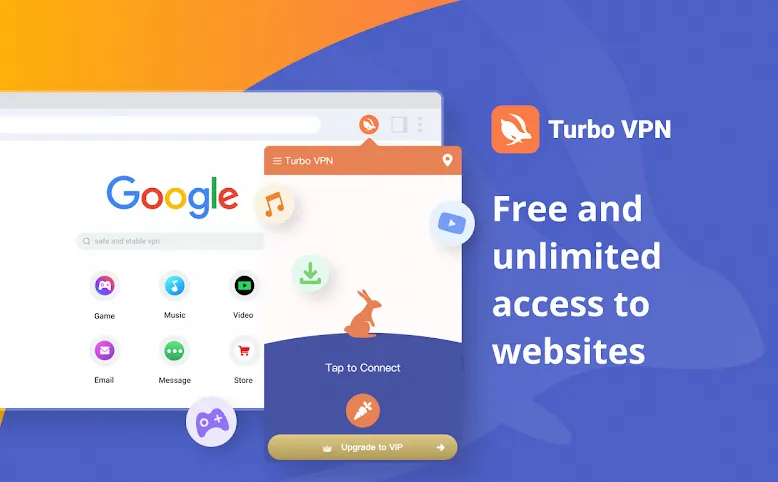
Pros:
- Cost-effective: Free tier available with minimal setup.
- Fast performance: Stable speeds ideal for streaming and browsing.
- Cross-platform support: Works seamlessly on Android and iOS.
- User-friendly design: Intuitive interface for beginners.
Cons:
- Ad-supported model: Frequent ads may disrupt focus.
- Privacy concerns: Unclear data handling practices raise security risks.
ExpressVPN
ExpressVPN is a top choice for users prioritizing speed and reliability, offering a global server network (including Indonesia) to bypass regional restrictions. Its military-grade encryption and advanced security protocols ensure privacy during online activities, making it ideal for accessing international platforms or streaming content. While its pricing is higher than some alternatives and lacks a free trial, its premium features—like seamless streaming and fast, stable connections—make it a trusted option for users seeking secure, high-performance access to global content.
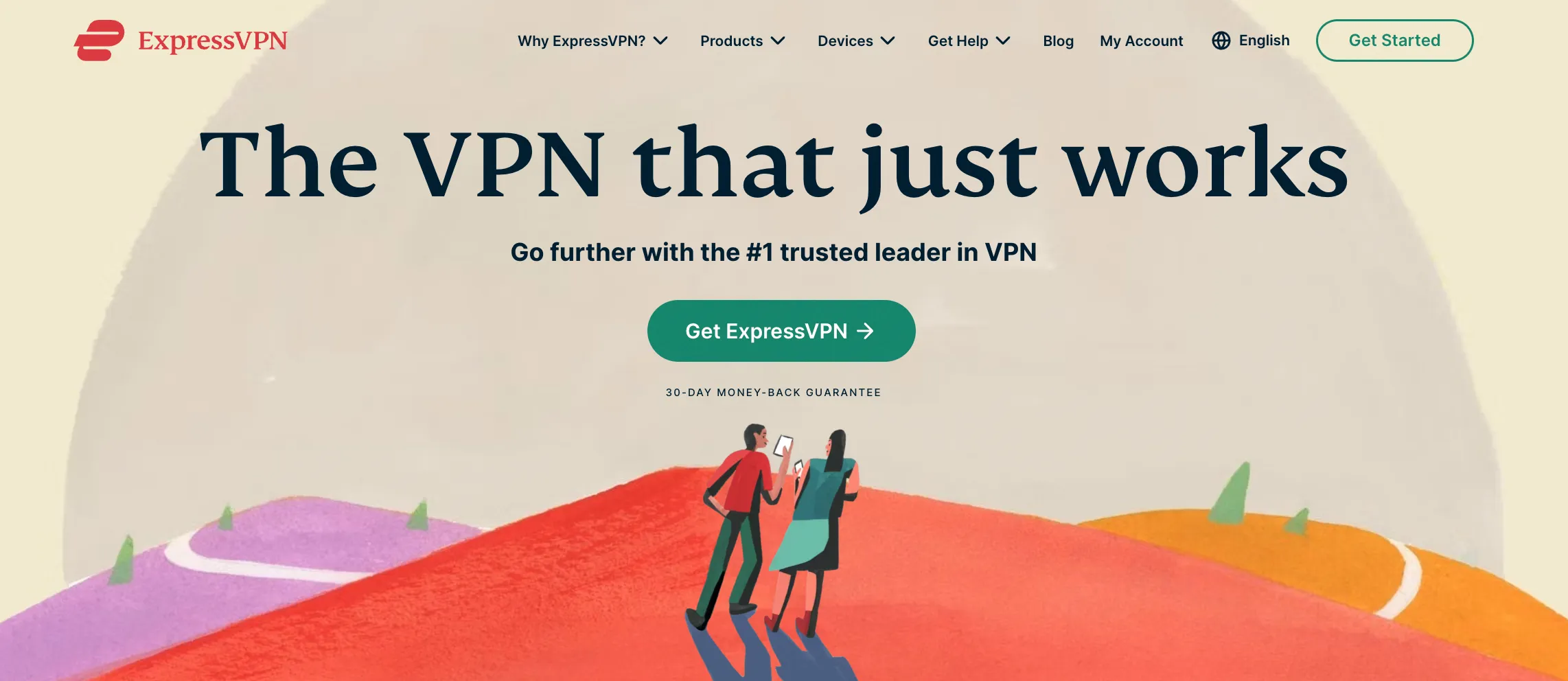
Pros:
- Extensive global network: Offers fast, stable connections across multiple regions (e.g., Indonesia).
- Robust security: Uses advanced encryption to protect user data and privacy.
- Cross-device compatibility: Works seamlessly on desktops, mobile devices, and major platforms.
- Reliable support: 24/7 customer assistance for troubleshooting or guidance.
Cons:
- Premium pricing: No free tier; subscription required for full feature access.
- Cost barrier: Higher price point compared to budget alternatives.
NordVPN
NordVPN’s global server network and double encryption make it a reliable tool for securely accessing international platforms and bypassing geo-restrictions. While some users note slightly slower speeds on older servers and the mobile app could use smoother navigation, NordVPN remains a top choice for stable, secure connections during high-demand events. Ideal for unlocking global access and maintaining privacy without compromising performance.
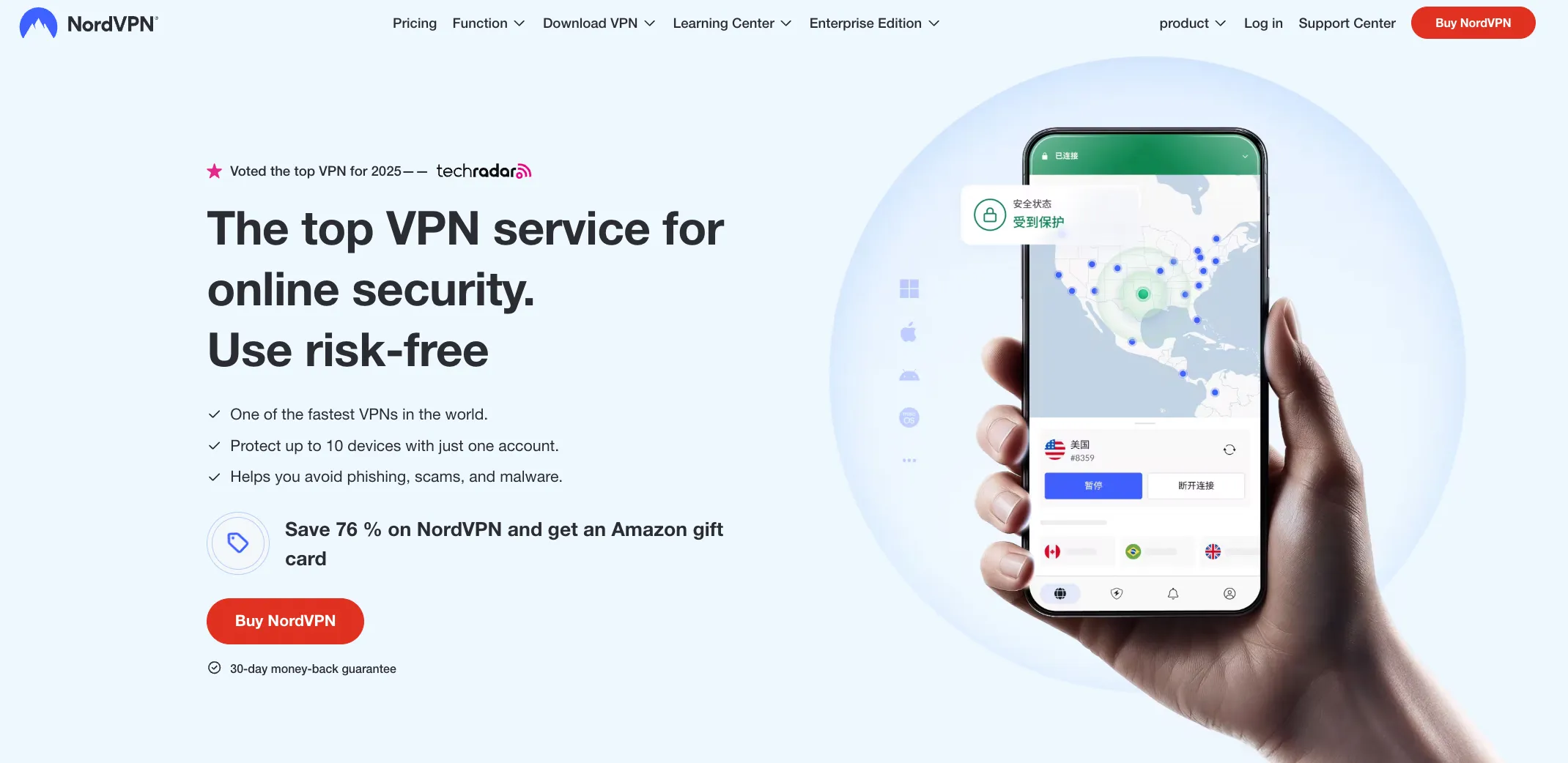
Pros:
- Extensive global network: Over 5000 servers for broad coverage.
- Military-grade security: Double encryption and no-logs policy.
- Streaming compatibility: Smooth access to major platforms with fast speeds.
- Multi-device apps: Intuitive interfaces for seamless use across devices.
Cons:
- Peak-time slowdowns: Some servers may lag during high demand.
- Setup complexity: New users might find configuration slightly challenging.
Proton VPN
ProtonVPN is a free, privacy-focused service that lets you securely access blocked websites and streaming platforms. It offers unlimited data, a no-logs policy, and tools to protect your online activity—ideal for browsing on public Wi-Fi or accessing restricted content. The free version includes basic privacy features, while premium plans add faster speeds, global server access, and ad-blocking. With support for multiple devices, Proton ensures private, unrestricted internet access for everyday use or secure streaming.
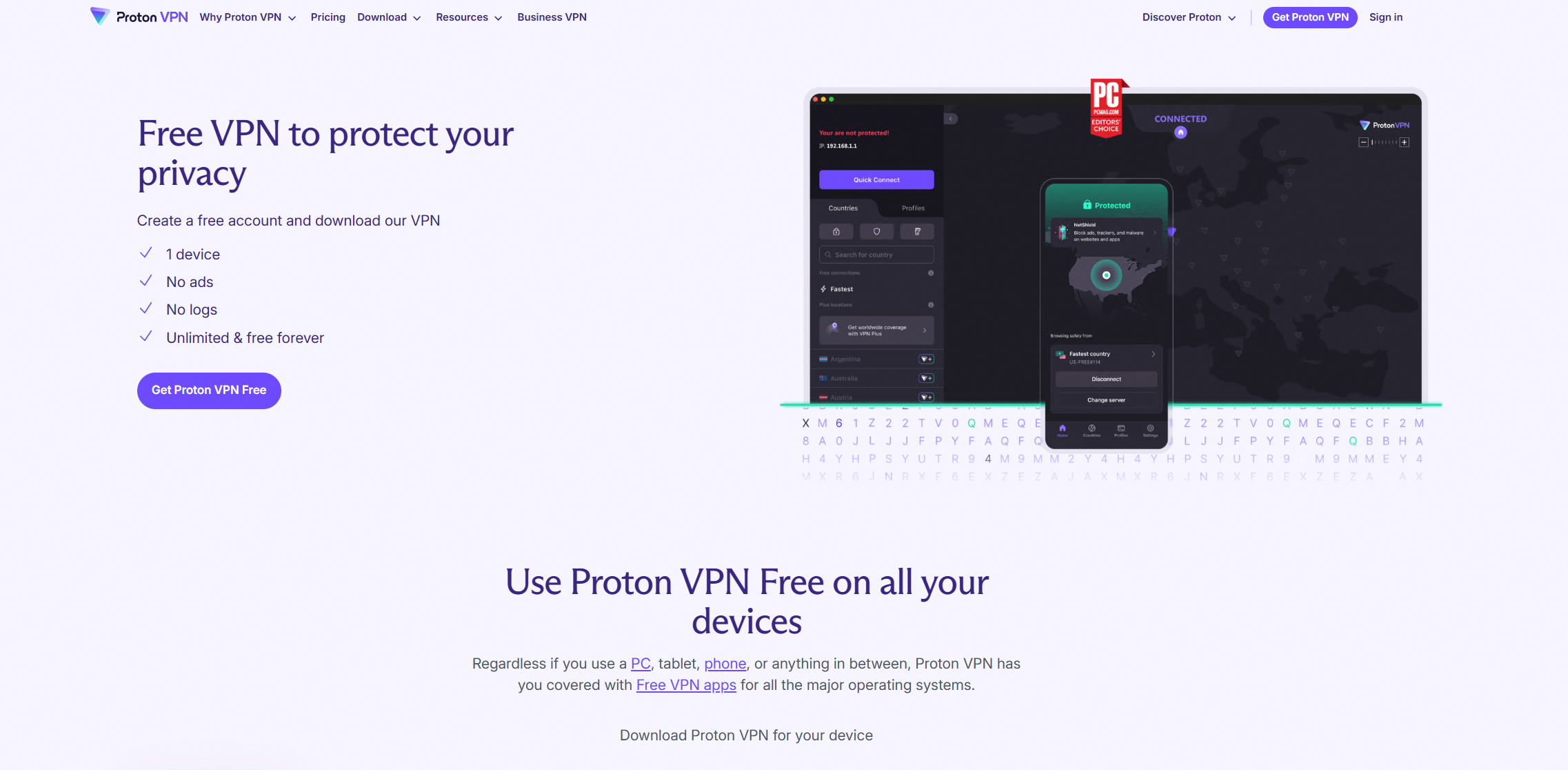
Pros:
- Dual-tier pricing model: Free tier with unlimited data.
- Swiss-based with strong data protection laws.
- Advanced security: Features like Secure Core architecture.
- User-friendly design: Clean interface for all users.
Cons:
- Free tier limitations: Limited server access and potential speed trade-offs.
- Support delays: Customer service may have slower response times.
Part 4: Step by Step Guide: How to Use a VPN?
UC Browser's built-in free VPN allows you to bypass regional restrictions and access international websites. Follow this guide to shop safely and discreetly.
Step 1: Download and install UC Browser
Install UC Browser via your device’s official app store for secure access.
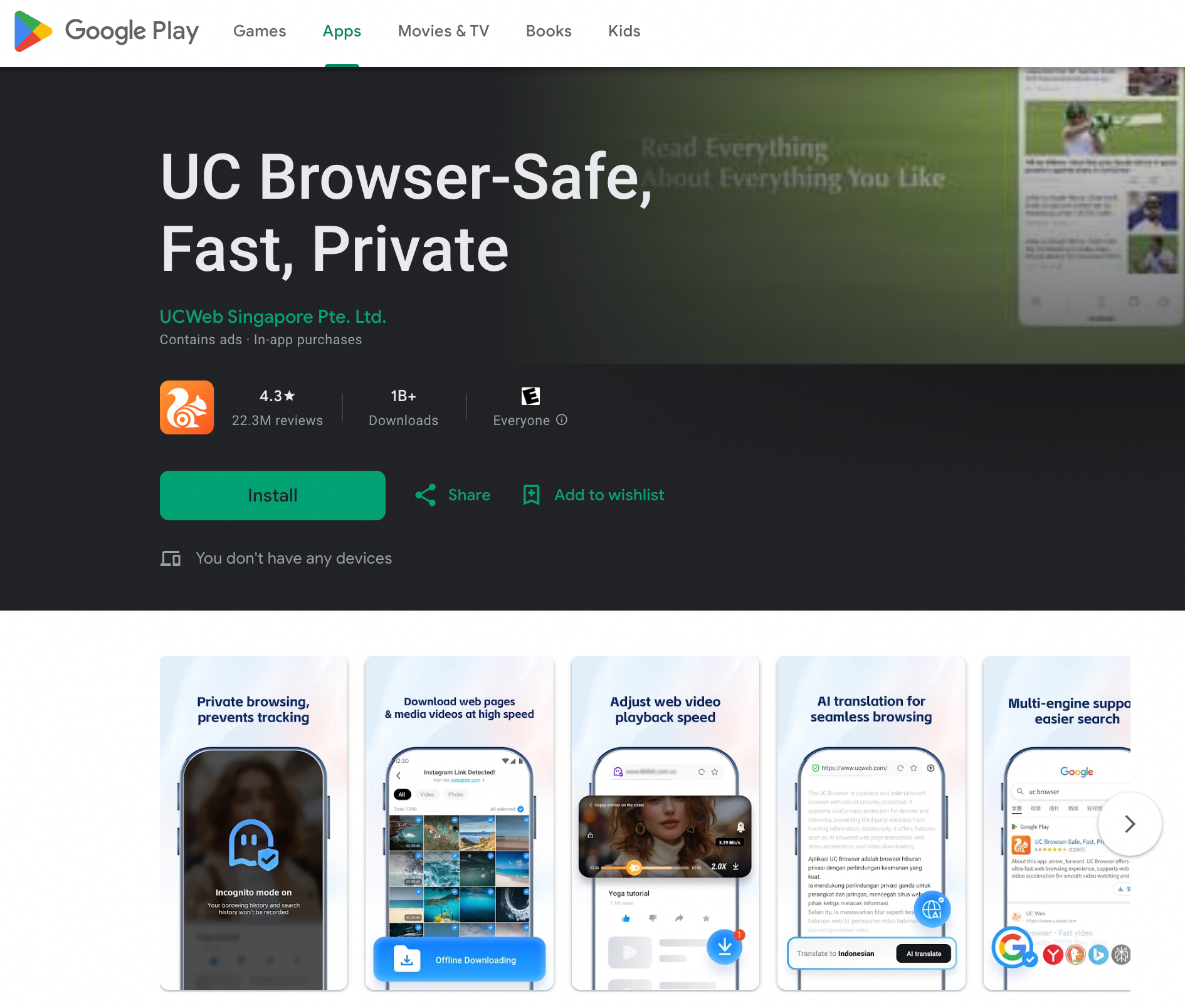
Step 2: Set VPN in UC Browser
Open UC Browser → Go to Settings → Enable VPN → Choose location
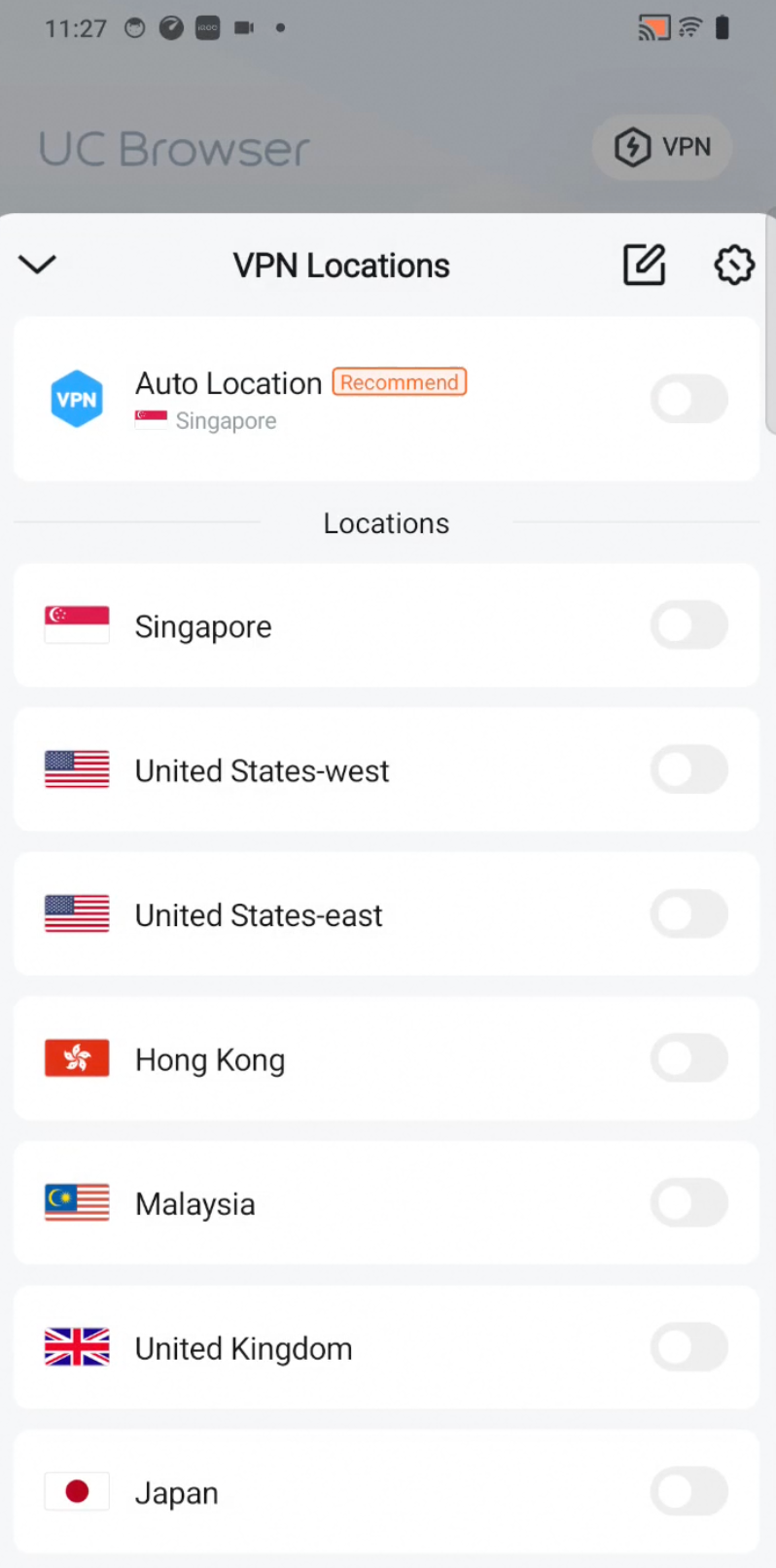
Step 3: Safely unblock geo-restricted content on various devices
Unrestricted access to international websites and social medias.

Conclusion
A Virtual Private Network (VPN) delivers unparalleled protection for your data, identity, and online autonomy—unmatched by traditional privacy tools. Built on military-grade encryption protocols (e.g., AES-256), it ensures all internet traffic is scrambled into unreadable code, making it nearly impossible for hackers, ISPs, or governments to intercept. By masking your IP address and spoofing your location, a VPN also conceals your real geographic position, allowing access to region-restricted content while preserving anonymity. This combination of end-to-end encryption, IP obfuscation, and traffic routing creates a secure tunnel between your device and the internet, shielding sensitive activities like online banking, messaging, or browsing from prying eyes.
For individuals handling confidential information (e.g., journalists, remote workers), a VPN is essential to prevent data breaches. For everyday users, it offers true online freedom by bypassing censorship, securing public Wi-Fi connections, and ensuring privacy in an era of mass surveillance. Unlike temporary solutions like ad blockers or private browsing modes, a VPN provides comprehensive, proactive security that adapts to evolving digital threats. Whether you’re safeguarding personal data or seeking unrestricted access to global content, a reliable VPN is the strongest defense for your digital life.





